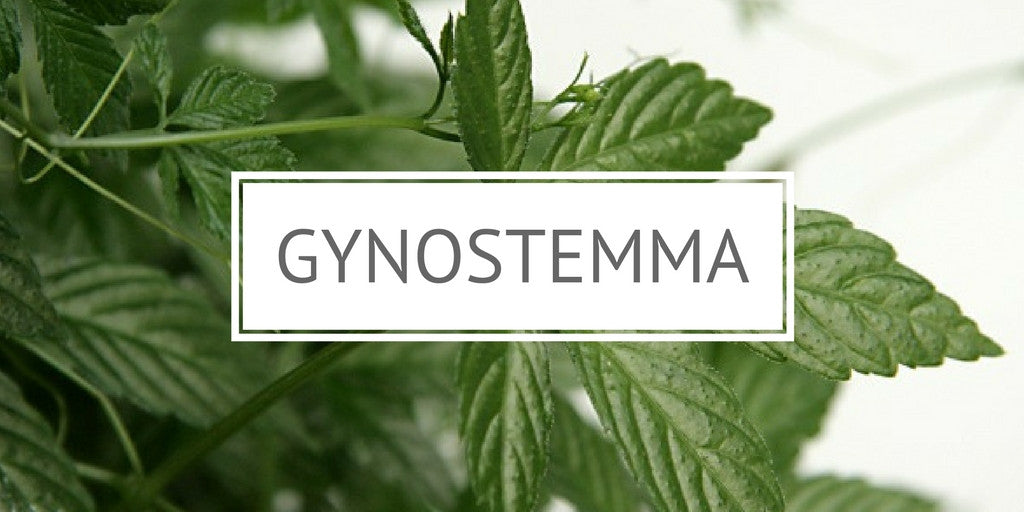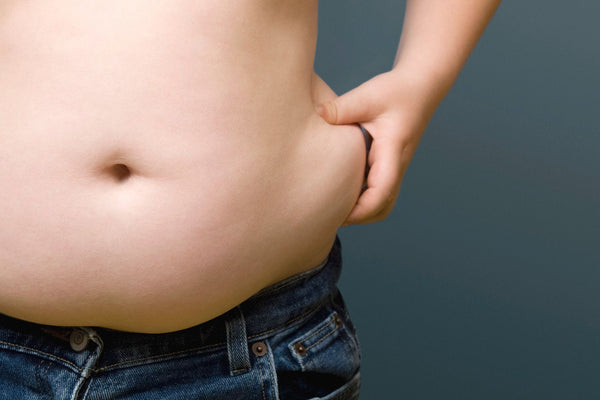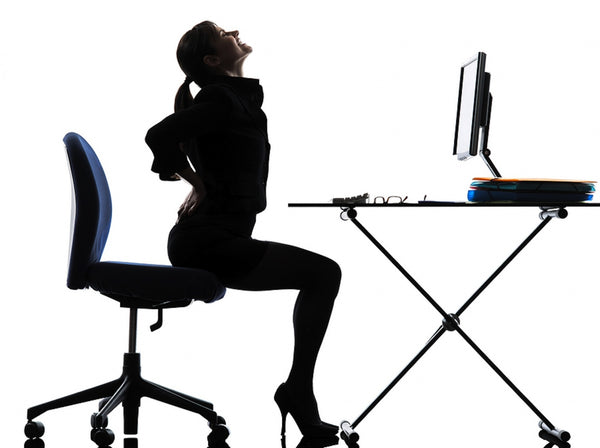Study proves Cho-Yung Tea has unique anti-obesity health properties!

One of Cho-Yung Tea's key ingredients is the so-called 'longevity herb' called gynostemma pentaphyllum. A mouthful to say, but it has truly remarkable qualities, as shown in a recent clinical study.
Also called 'jiaogulan' or 'southern ginseng', gynostemma extract has been found to be extremely effective at active reducing body fat! The study concludes that:
"Our study revealed that actiponin (gynostemma extract) is a potent antiobesity reagent that does not produce any significant adverse effects. These results suggest that actiponin supplementation may be effective for treating obese individuals."
The 12 week study, conducted with 80 participants, also found that Gynostemma was also able to reduce cholesterol and overall BMI. Participants did not change their normal diet or exercise during the study, so when taking gynostemma is combined with healthy eating and some light exercise, the weight loss benefits could be even greater!

Herbal "adaptogenic" qualities
If this wasn't enough, gynostemma has even more health benefits. Gynostemma is considered an adaptogen because of its ability to modulate immune functions and provide protective effects against a number of stress factors known to compromise long-term health. Regular use of adaptogenic herbs, like gynostemma, are nontoxic to the body and help to improve one's ability to build resistance to trauma, anxiety and fatigue when consumed on a regular basis.
These qualities as an adaptogenic substance are directly related to its high amount of triterpenoid saponin gypenosides as well as a number of polysaccharide compounds, potentially helpful for lowering high blood pressure, boosting lipid metabolism as well as balancing cholesterol and blood sugar levels.
Its other beneficial properties include:
- Immunomodulating and Anti-tumor Activities
- Antioxidant and Anti-Inflammatory Agent
- Anti-Fatigue and Neuroprotective Effects
Also in News

Gym Goers, Bodybuilders, Boxing Clubs and Athletics Love The Benefits Of “The Feel Good Drink”

How To Eat Less And Not Feel Hungry Or Your Money Back!

Sitting Is Really The New Smoking, and it's Killing You ! [infographic)
Ever feel like your 9-5 is killing you? Well, if you spend all that time sitting down, it just might be.
Indeed, numerous studies indicate that the health impacts of continuous sitting cannot be reduced through daily exercise. Even in physically active people, sitting increases their health risks. And this risk has been found to increase with every two hours of time spent sitting.

